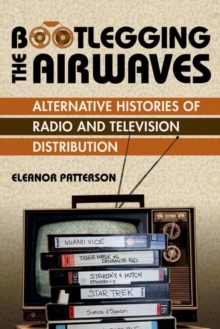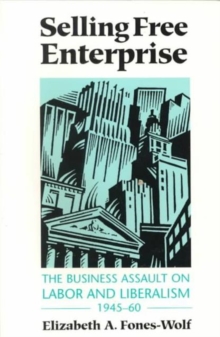
Silencing the Opposition : Antinuclear Movements and the Media in the Cold War Paperback / softback
by Andrew Rojecki
Part of the The History of Media and Communication series
Paperback / softback
- Information
Description
We can trace many important strategic decisions to compelling official fictions such as Kennedy's "missile gap" and Reagan's "window of vulnerability." Over the years, antinuclear movements have had mixed success debunking these fictions, raising public consciousness, and reorienting government policy. Andrew Rojecki explores links between nuclear arms policy and the visibility of opposition groups in the media.
He pays particular interest to two cycles of protest: the test ban movement of the Eisenhower and the Kennedy administrations and the Reagan-era nuclear freeze movement.
As Rojecki shows, space devoted to the opposition as well as the quality of the coverage varied widely from the first to the second period.
The change reflected different climates of public opinion and foreign policy but also a subtle shift in political culture that undermined the legitimacy of citizen protest.
As the rationalized policymaking of government agencies, think tanks, and university departments increasingly restricted public debate, the potential for citizens to influence nuclear politics became more circumscribed while nuclear weapons continued to proliferate.
Information
-
Available to Order - This title is available to order, with delivery expected within 2 weeks
- Format:Paperback / softback
- Pages:216 pages
- Publisher:University of Illinois Press
- Publication Date:06/10/1999
- Category:
- ISBN:9780252068249
Information
-
Available to Order - This title is available to order, with delivery expected within 2 weeks
- Format:Paperback / softback
- Pages:216 pages
- Publisher:University of Illinois Press
- Publication Date:06/10/1999
- Category:
- ISBN:9780252068249



